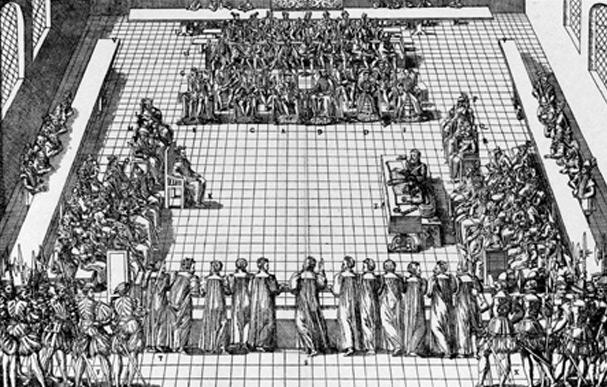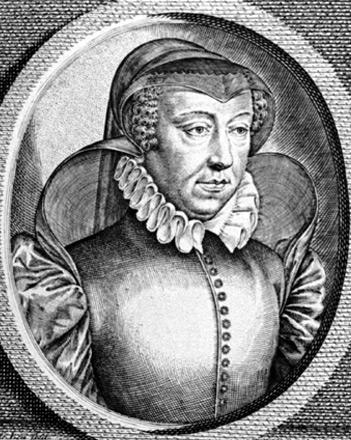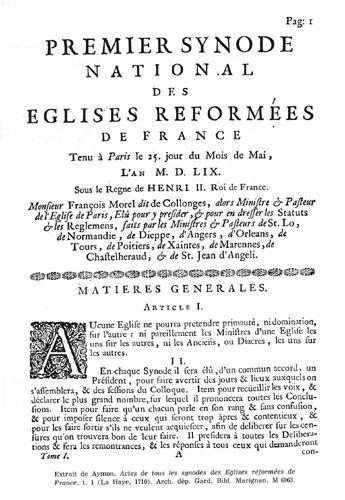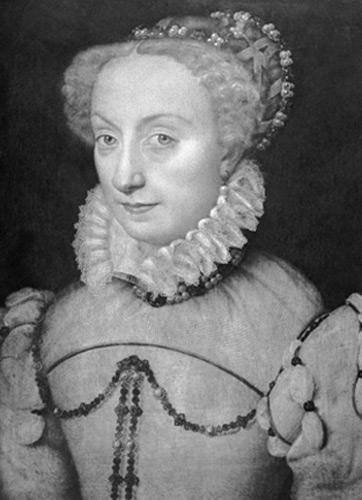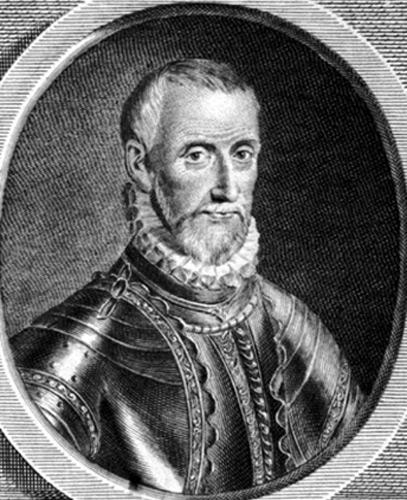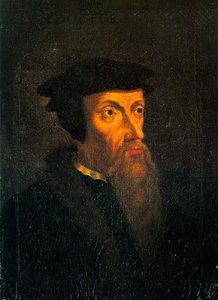How the Reformation developed in France (1555-1560)
In 1555, when the Reformed Church was established in Paris, it was becoming a more organized and expanding community. Indeed, it is probably the most important period in the political history of the French Reformation. Some Huguenots had even dared hope that the “Gospel” as they called this movement, would replace the Catholic “traditional” Church.
In 1559, the French Protestants considered the political climate safe enough to convene a national Synod which brought together representatives from about thirty established Churches all over France.
Between 1559 and 1562, more and more Churches were established in France – in 1562 there were 1400. Little by little the Protestants came into the open and publicly professed their faith.
Nevertheless, the king’s repressive measures were strict and he continually persecuted the young Churches.
Henri II was particularly hard on the Protestants. When he died in 1559, his son François II convened a national council (1560), but he was no more lenient with the Protestants than his father and once more forbade any religious assemblies. He was not yet of age when he made this public declaration and, sadly, only reigned for 17 months.
Catherine de Medici tried to introduce a policy of civil tolerance – her Edict of January 1562, allowed Protestants to worship openly, but only outside the city walls.
In 1561, the Conference of Poissy did not achieve any positive results, but in any case was completely annulled by the massacre of Wassy in March 1562, which started the civil war.
Calvin gave advice, proffered his own opinions and contributed as far as was possible to the decision-making of the Royal court
When he was in contact with people such as the King and Queen of Navarre (Jeanne d’Albret), Admiral Coligny or the Duchess of Ferrara, Calvin spoke as the representative of a Church which, he said, deserved to be recognised in France because it was the symbol of “true piety”, and for this reason those in power should actively support real reform of the Church.
There were also many young Churches which sought his advice and encouragement. Calvin gave his personal support and help to all those whom he knew to be suffering for their faith.

